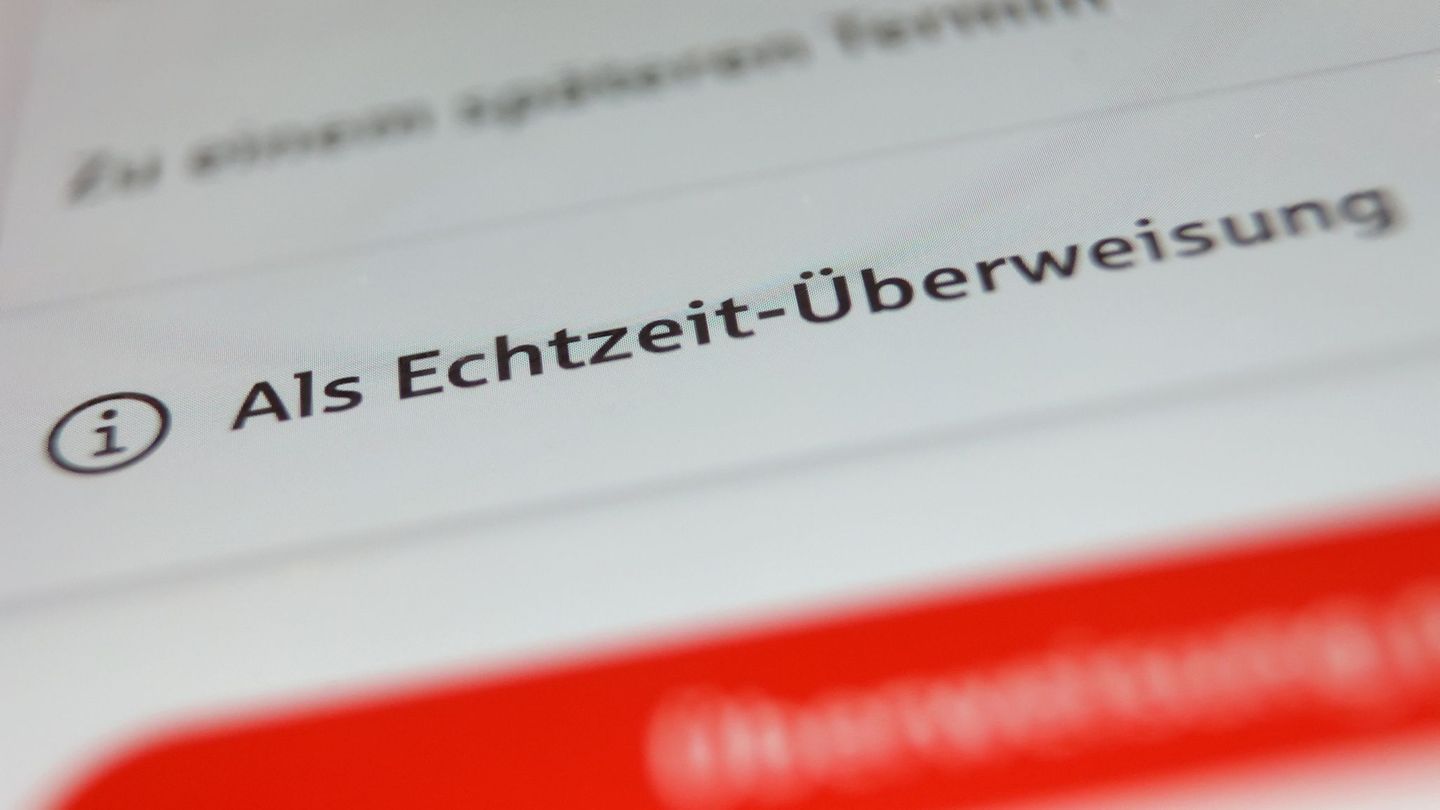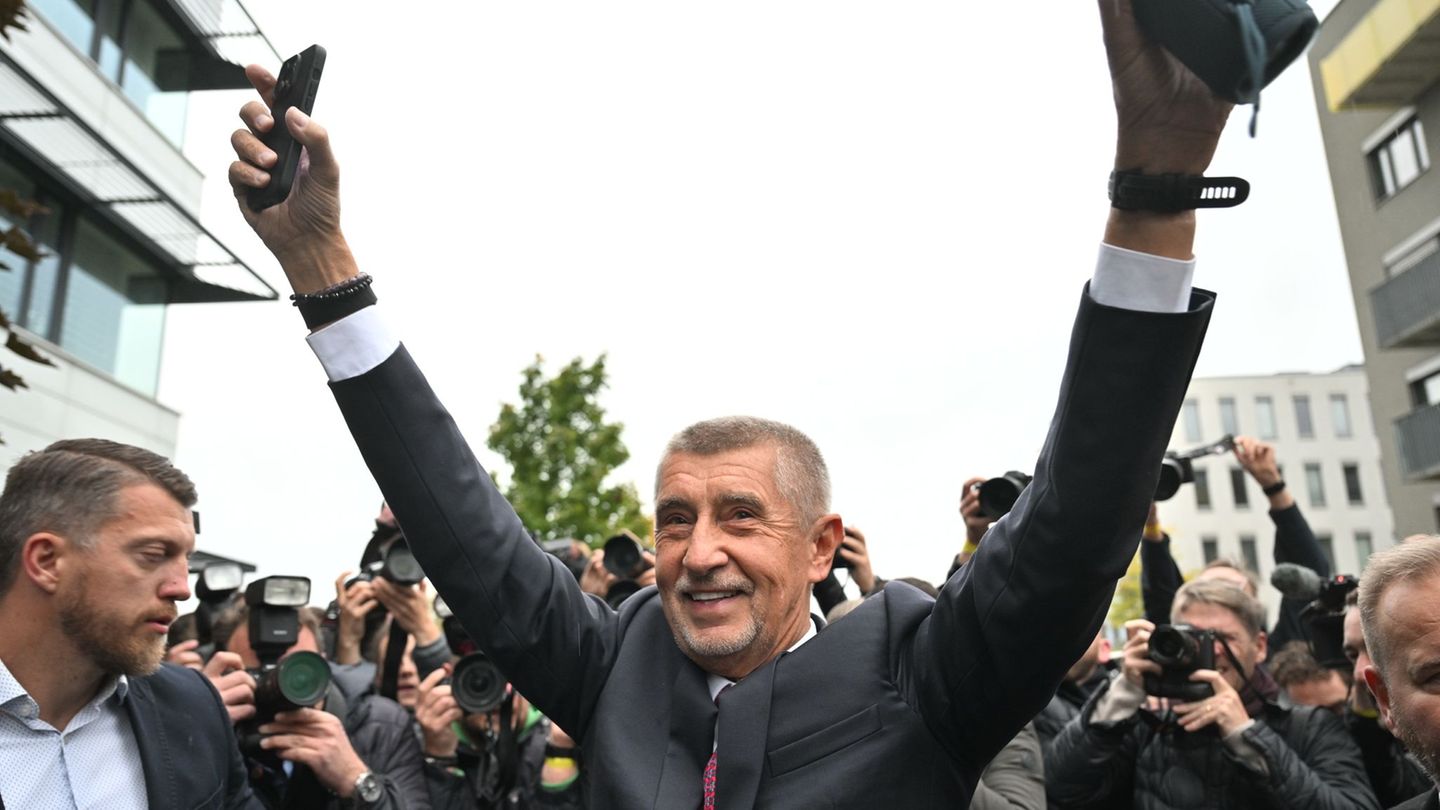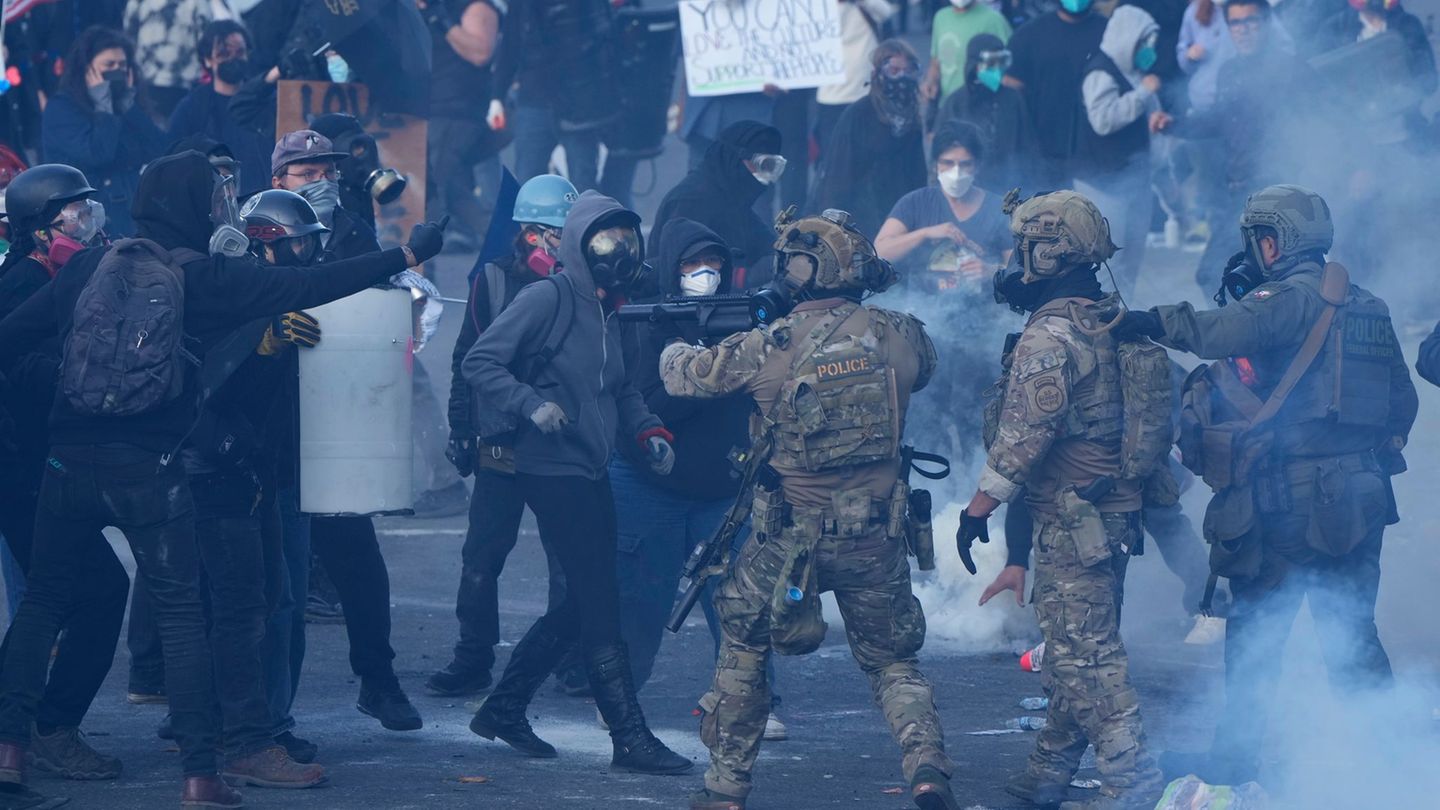The West is horrified by Moscow’s demonstration of power in eastern Ukraine and fears a large-scale invasion. But how do Russians react to Putin’s new breach of international law?
Separatists with Russian passports and flags in eastern Ukraine hail Russian President Vladimir Putin for recognizing the Luhansk and Donetsk regions as independent states.
Many are now hoping to join the Russian Federation soon – like the Ukrainian Black Sea peninsula of Crimea, which was incorporated in 2014. But this time there is no sign of the euphoria of the “Crimean spring” that gave Putin a political boost at the time. More of a «Donbass winter». “Greetings, Donbass!” headlined the tabloid “Moskovsky Komsomolets” in an unusually matter-of-fact manner.
«Russian me»
As expected, ultra-nationalists and conservative forces, but also communists and the influential Russian Orthodox Church, are delighted with Putin’s aggressive ambition to become a great power in his confrontation with the West. A church leader praised Putin for “healing from historical amnesia”. The rescue of a Russian world – in Russian: “russki mir” – has long since become a catchphrase in the state media.
But there are also many pragmatists, entrepreneurs, intellectuals, artists and liberal forces who have not yet emigrated to the West who openly express their horror. The prominent blogger Yuri Dud, who has an audience of millions, accused the “Emperor” Putin of playing with history. “I did not vote for this power apparatus and do not support its Imperial ejection.” He stands firmly by the side of the Ukrainians and their families. He didn’t want to be ashamed of his children.
Many Russians complained about a sleepless night after Putin’s speech on Monday because he called into question Ukraine’s right to exist by recognizing the separatist areas. Thoughts of a war between Russians and Ukrainians, who often have family ties, make people in both countries shudder.
For days, Russia’s state television has been showing images of explosion craters and destroyed buildings in the contested regions of Luhansk and Donetsk — and of refugees in eastern Ukraine — on a continuous loop. Many in Russia can hardly tell what lying propaganda is and what real mischief is. But they take the message to prepare for a new war. Kremlin-controlled television is often the best indicator of when Russia is showing its violent side.
In Kiev, everyday life goes on
Hardly a word is said about the aggression of the separatists against the Ukrainian government troops – or about the situation of the people in Ukraine, which has become the poorest country in Europe due to the confrontation with Russia. In the Ukrainian capital of Kiev – which NATO has repeatedly mentioned as a possible target for Russian attacks – many people are still quite relaxed.
The city of three million continues to go about its daily business. No trace of fear of war. Not even half of Ukrainians expect a major war. When the weather is sunny and spring-like, people sit in well-stocked cafes and restaurants. Street musicians provide entertainment. There is no sign of an increased police or military presence. That could change with the state of emergency announced on Wednesday.
In Moscow, on the other hand, there is a gloomy winter mood. Because of the pandemic, demonstrations are banned. There is no trace of the euphoria that prevailed at the time of “reunification” with the Crimea. The state opinion research institute Wziom, which tends to measure the effectiveness of propaganda on state television, determined 93 percent approval among the population at the time. Only 73 percent supported the recognition of the so-called Donbass.
Billions in damage from sanctions
Since the annexation of Crimea, many Russians have become disillusioned – not only because of the high costs, but also because of the country’s loss of image in the world. The Western sanctions have caused billions in damage, the large infrastructure projects on the peninsula have devoured huge sums of money from the state budget, which other regions do not have.
The fact that Putin lamented corruption, the high cost of living and abject poverty in Ukraine in his speech delivered with icy spite on Monday brought him a great deal of malice on social networks. The most frequently asked question was whether the President might not have been describing Russia’s reality.
The prominent publicist Maxim Shevchenko also warned of social tensions that could arise in parts of Russia because of the more than 100,000 refugees from eastern Ukraine. Many Russians can barely make ends meet without the requested solidarity. Many people are also worried about the massive depreciation of the ruble against the dollar and the euro, which makes life even more expensive.
Russian experts have been warning for a long time that Putin cannot gain anything from a war against Ukraine and that recognizing Donbass will not improve his approval ratings – after more than 22 years in power. The next presidential election is in 2024.
“The dark side of history”
The expert of the Moscow Carnegie Center think tank Alexander Baunov said that the pragmatic part of Russia has now suffered defeat and the “war party” has won. His colleague Tatyana Stanovaya wrote on Telegram: “Today is the day Vladimir Putin turned to the dark side of history.” The political scientist believes that he overestimates the support among the Russian population, which is not ready. “This is the beginning of the end of his regime.”
Source: Stern
David William is a talented author who has made a name for himself in the world of writing. He is a professional author who writes on a wide range of topics, from general interest to opinion news. David is currently working as a writer at 24 hours worlds where he brings his unique perspective and in-depth research to his articles, making them both informative and engaging.




